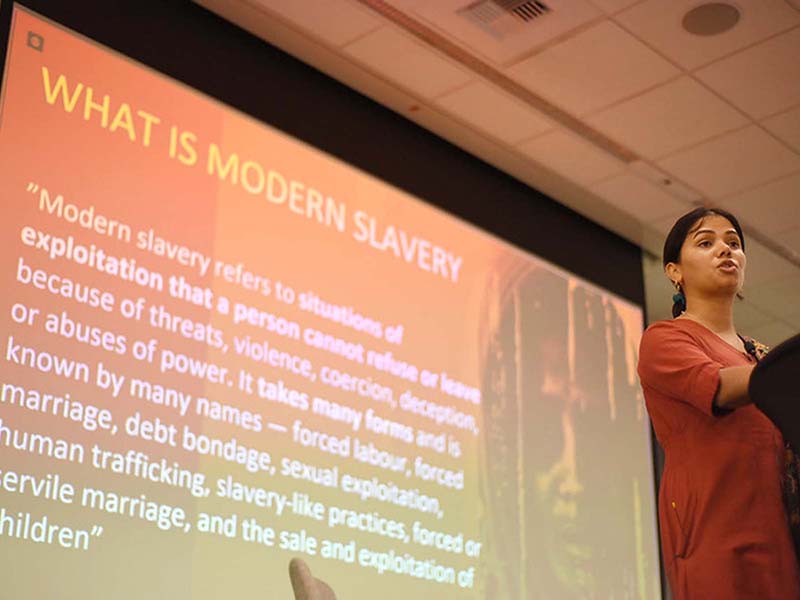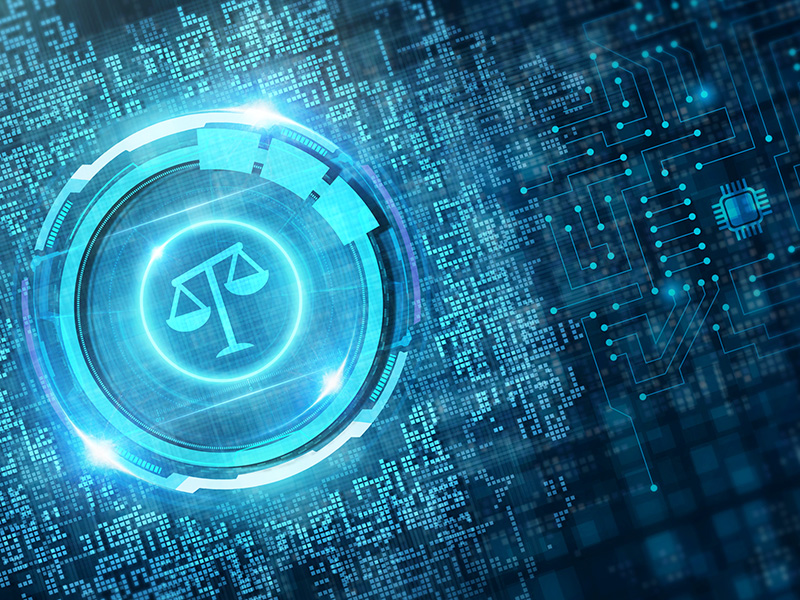BSR helped the telecommunications company Telenor understand the sustainability risks and opportunities before entering a new market in Myanmar. By integrating sustainability into its strategy from the beginning, Telenor will grow Myanmar’s mobile market from 6 percent of the population to 90 percent of the population—in a responsible way.
The Challenge
In 2012, it was estimated that less than 6 percent of Myanmar’s population owned a mobile phone, and less than 1 percent had broadband internet access.
To address this challenge and accelerate the country’s political and economic reform, the government of Myanmar announced a significant liberalization of its telecommunications market, through which it created two new operating licenses for international telecommunications companies.
With successful business units in Bangladesh, India, Malaysia, Pakistan, and Thailand, Norway-based telecommunications company Telenor was well-positioned to win one of the licenses. However, given that Myanmar had only recently opened up for international business, Telenor wanted to become fully aware of the sustainability risks and opportunities of pursuing this opportunity. The company also wanted to ensure that it could make informed decisions about how to operate in Myanmar if its bid was successful.
In order to understand the potential sustainability risks and opportunities of operating in Myanmar, Telenor commissioned BSR to undertake pre-investment due diligence, covering human rights, labor rights, corruption, and environmental sustainability.
Our Strategy
We began our due diligence in late 2012, using an approach based on our human rights impact assessment (HRIA) framework, with additional considerations, including bribery, anticorruption, and environmental issues, as well as opportunities to support social and economic development.
A key part of our approach was interviewing a diverse cross-section of stakeholders, including international, regional, and local leaders in civil society, government, business, and relevant industry associations. We also spoke directly with rights-holders in Myanmar to gather their insights on the important political, regulatory, and social context, such as privacy, land rights, and labor conditions.
We then mapped the key risks and opportunities, identified potential mitigation measures, and provided recommendations. These recommendations were refined during a series of workshops with Telenor, which drew upon the company’s extensive experience working in other emerging markets.
Throughout, it was important that our analysis was based upon the UN Guiding Principles on Business and Human Rights, and upon an understanding of what leverage would be available for Telenor. For example, our recommendations included the importance of collaborating with other local, regional, and international organizations to build capacity in areas such as labor rights, health and safety, and privacy.
Our Impact
Telenor submitted—and won—a license to operate in Myanmar. The company launched its service in 2014 and intends to provide coverage for 90 percent of the Myanmar population within five years.
Telenor launched its service in the Myanmar market with sustainability integrated into its approach from the beginning—using the focus areas and key recommendations made during BSR’s due diligence process. These focus areas include anticorruption, responsible supply chain management, safety and security, environment, and human rights—particularly related to privacy and freedom of expression, land rights, children’s rights, and conflict areas. In addition, the company is delivering significantly increased and more affordable connectivity to the Myanmar population, which has the potential for significant social and economic impact.
Lessons Learned
Telenor’s systematic management of sustainability risks and opportunities in Myanmar reinforces the importance of due diligence and the informed identification of sustainability risks and opportunities before business decisions are made.
The due diligence process also underscored the importance of engaging with a diverse range of stakeholders. We learned, for instance, that some stakeholders were more focused on the risks arising from investment, while others were more focused on the opportunities. All types of stakeholder perspectives are legitimate and should be sought, and the result is smarter and more informed decision-making.
Finally, it is important that due diligence includes a consideration of opportunities, as well as risks. In this case, the telecom industry has the power to transform society by providing increased access to information and services such as healthcare, finance, and education.
Let’s talk about how BSR can help you to transform your business and achieve your sustainability goals.








